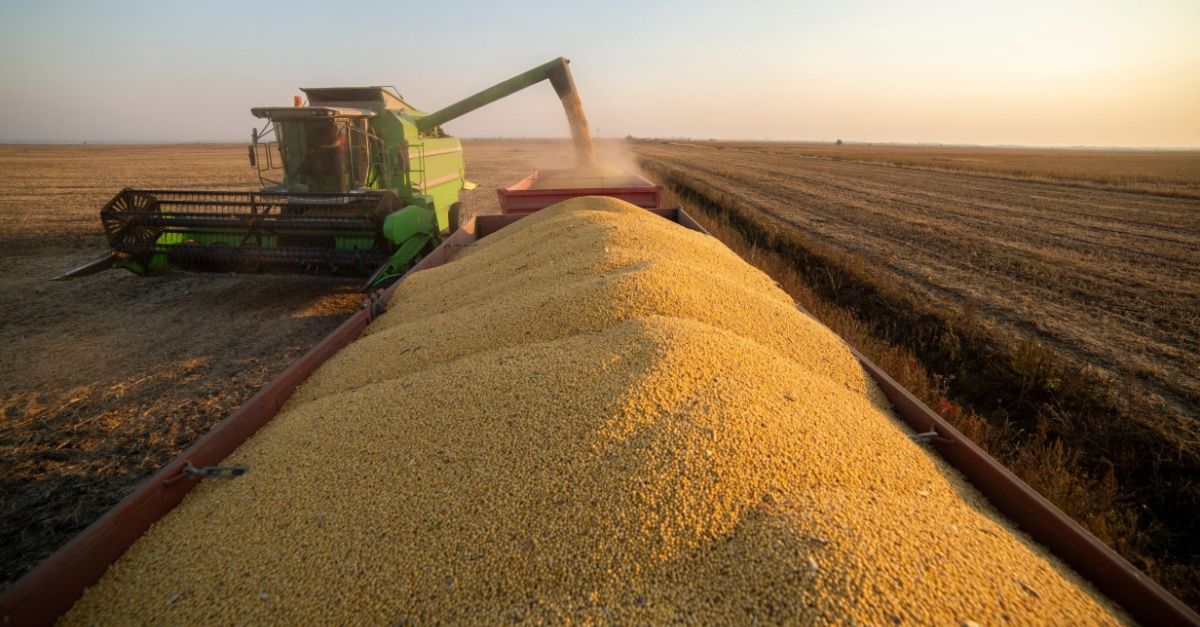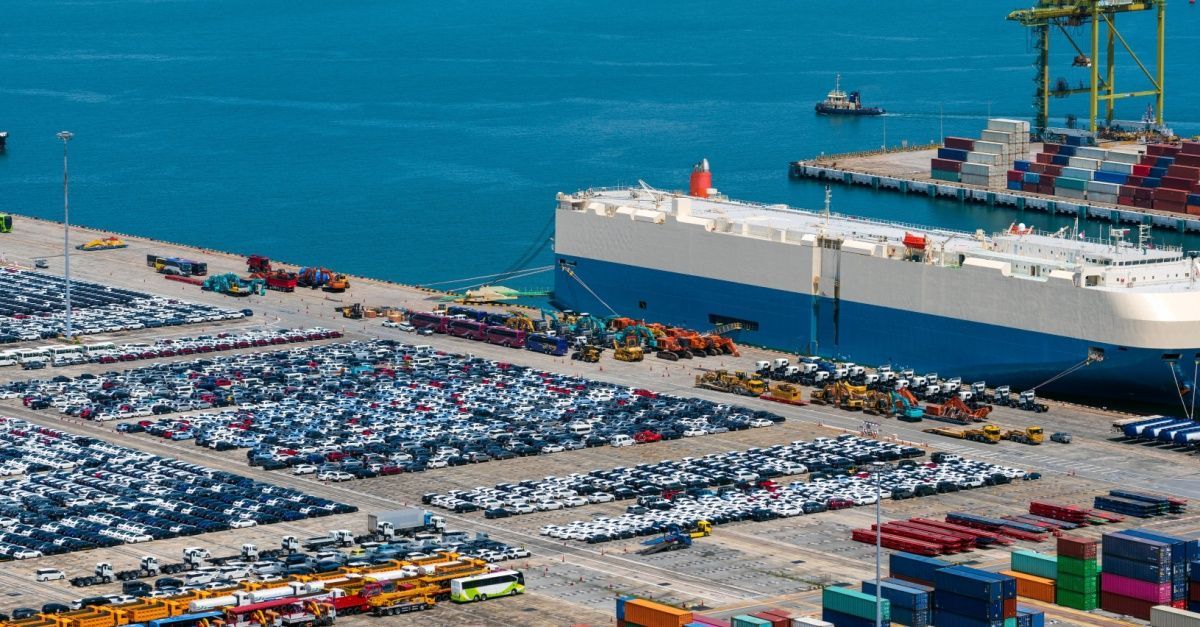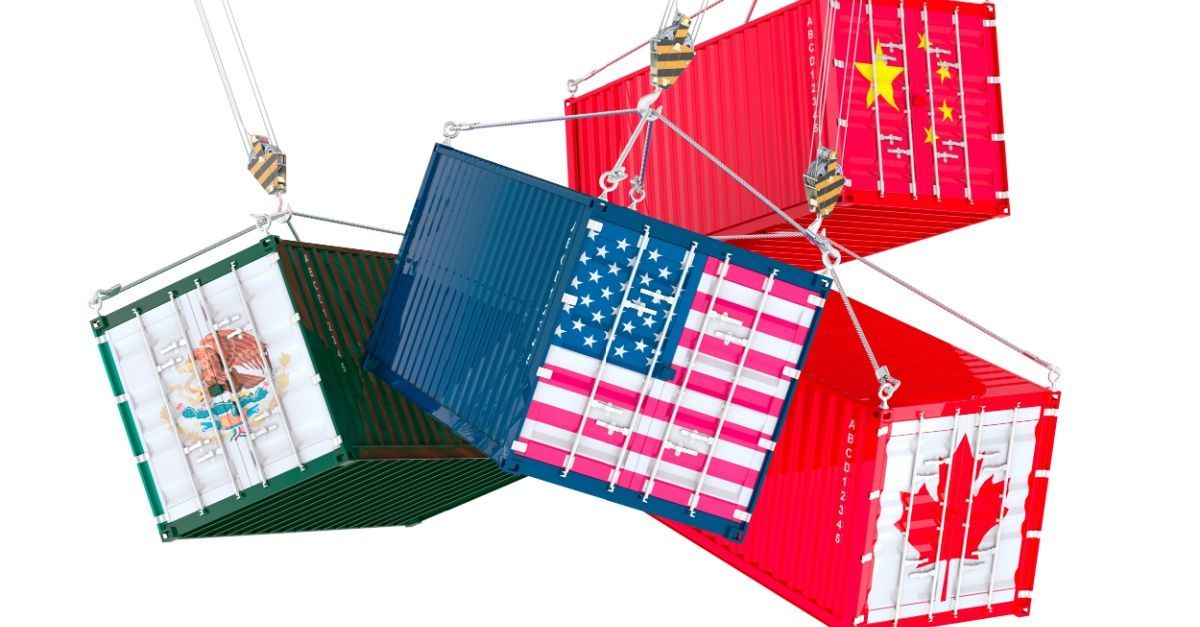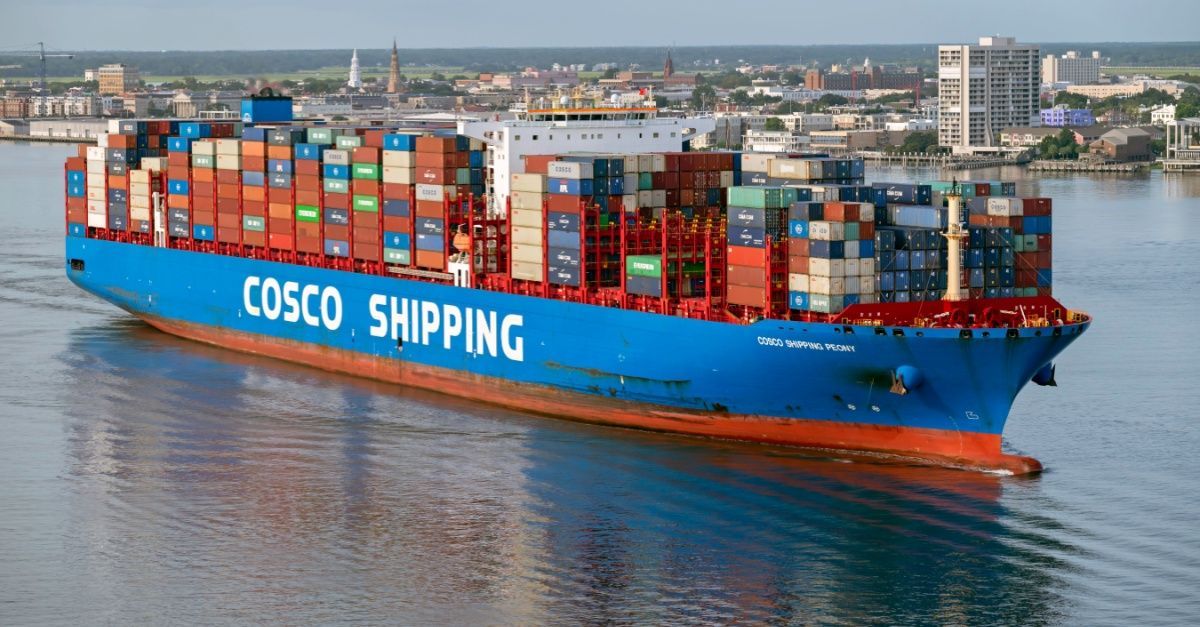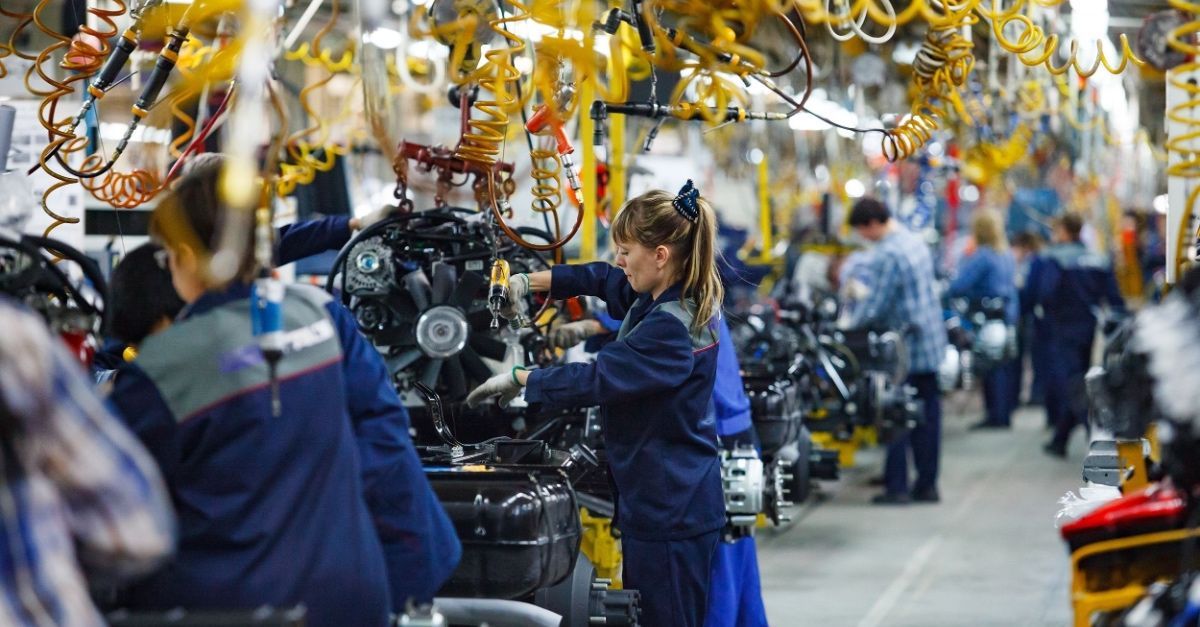Modest Recovery for Trucking Spot Rates As Nearshoring Benefits Mexico
Blog Post CTA
Trucking spot rates have stagnated over the last couple of years since the pandemic but began fluctuating in 2024. Most of these were spurred by increasing seasonal demands and the double hurricanes that wrecked parts of the country, including North Carolina, Georgia, and Florida. October has seen the most spike in a long time, but even at that, the rates are still below pre-pandemic levels.
Supply chains across North America are changing their mode of operations as more of them favor a localized process that would avoid the rigors of geopolitical crises and trading wars. Meanwhile, Douglas Horn, a dismissed truck driver, took on the U.S. Supreme Court in a case that could expand civil RICO to false advertising cases.
This edition of our newsletter is packed with intriguing news and trends shaping the freight market.
Trucking Spot Rates See Modest Recovery Amid Mixed Market Trends
According to data from DAT Freight & Analytics, 2024 has seen fluctuating trucking spot rates in the U.S. At its peak, the COVID-19 pandemic caused a surge in demand and spot rates. However, the industry has experienced two years of weaker conditions since then. The national spot rates for dry van, reefer, and flatbed equipment types have seen minimal changes.
This situation might be improving, thanks to disruptions from a strong hurricane season that increased demand in October 2024, signaling an end to the prolonged market contraction. However, rates remain well below the pandemic highs. Despite the surge in spot rates, regional variations were noted, particularly in the Southeast, where hurricanes impacted transportation modes.
Nonetheless, the
overall market is still in recovery, with moderate gains and slight upward movement in rates as the industry stabilizes.
Nearshoring Trends Reshape US Supply Chains with Mexico as Key Beneficiary
Recent crises, such as the COVID-19 pandemic and the Panama Canal drought, have driven the shift from globalized sourcing towards more localized, resilient supply chains. A KPMG survey of 250 U.S.-based executives from large companies revealed that major U.S. supply chains are shifting towards nearshoring, focusing mainly on North and South America.
Supply chains in these regions are expected to increase from 59% to 69% over the next two years. As far as countries go, Mexico is taking the lead, increasing from 27% to 36% and replacing Canada as the second-most favored nearshoring destination. While the U.S. share of these operations is projected to drop to 44%, Mexico is expected to rise as a prominent location, increasing from 27% to 36%, replacing Canada as the second-most favored nearshoring destination.
The Mexican preference is attributed to its
low labor costs and strategic positioning under the U.S.-Mexico-Canada Agreement (USMCA), making it a key player in replacing China as the largest U.S. import market.
Supreme Court Hears Case on Truck Driver's Firing Over CBD Use and RICO Law Implications
Arguments in the case of Douglas Horn, a truck driver dismissed after failing a marijuana test despite only using a CBD product, were recently heard in the U.S. Supreme Court. According to Horn, the product, Dixie X, was falsely marketed as THC-free, which was wrong and led to his dismissal.
The central legal question is whether Horn's firing qualifies for damages under the Racketeer Influenced and Corrupt Organizations Act (RICO). Horn's legal team claims that the CBD maker's misrepresentation harmed his economic status by causing job loss. If that argument is successful,
Horn could receive triple damages under RICO.
However, before that, the Supreme Court must decide whether Horn's job termination and subsequent economic loss constitute "injury" or "damages." The distinction is critical to RICO's applicability. The case is already a bit skewed as Justice Kavanaugh expresses concerns about expanding civil RICO to false advertising cases, potentially setting a broad precedent for future litigation.
GM Invests $625 Million in Nevada Lithium Mine to Secure EV Supply Chain
General Motors (GM) has announced a joint venture with Lithium Americas that will see the former invest $625 million in the Thacker Pass lithium mine in Nevada. The deal replaces the previous agreement and increases GM's total investment in the project to $945 million.
GM expects to leverage this venture to secure domestic lithium supplies crucial for
electric vehicle (EV) batteries, aiming to comply with the Inflation Reduction Act and qualify for EV tax credits. The company will receive up to
100% of the lithium produced in the mine's initial phase for up to 20 years. Construction is already underway, and the project is expected to begin production in late 2027.
Volvo Group Faces Profit Decline Amid Lower Truck Demand and Supply Chain Challenges
Decreasing demand for trucks in Europe and America is still impacting truck manufacturers and their balance sheets. The most recent victim is the Volvo Group, which reported a 28.5% drop in Q3 2024 profits, with earnings falling to $956.6 million. Revenue fell 12% to $11.1 billion, while the company's operating margin declined from 13.8% to 12%.
Trucking orders from
North America dropped by 50%. For the Volvo Group, that meant a 39% decrease for Volvo Trucks and a 56% drop for Mack Trucks. In addition to declining demand, supply chain delays have further constrained their ability to deliver on time. In response, Volvo has acquired a North Carolina plant to address issues with Mack cab production.
Despite these challenges, Volvo is optimistic about future improvements, especially with Mack Trucks.
Flexibility and Networking Help Small Carriers Weather Freight Market Challenges
Moscoso Express has thrived in a market riddled by nearly two years of stagnancy, which has caused some carriers to exit the industry. The company has remained successful in the now-dreaded market by leveraging technology, staying flexible, and expanding its client base.
Company president Elizabeth Moscoso shared insights on managing business expenses, utilizing technology to find loads, and focusing on short-term, high-demand jobs, like conference logistics, during the Inland Distribution Conference in Chicago. It has also helped them reduce
operational expenses.
Networking with other carriers and developing a diverse client base has also paid off and is a key aspect of their resilience. Similarly,
Damien Hutchins of CloudTrucks emphasized the importance of building relationships with shippers and expanding from niche services to broader opportunities.
Biden Administration Pledges $2B for Power Grid Resilience Against Extreme Weather
The Biden administration is investing nearly $2 billion to bolster the U.S. power grid against extreme weather and support transmission projects. The funding, distributed by the Department of Energy, will go to 32 projects across 42 states.
This initiative aims to enhance grid resilience, including in areas damaged by hurricanes Helene and Milton. It involves constructing over 300 miles of new transmission lines and upgrading more than 650 miles of existing ones.
The effort comes in response to the growing challenges posed by severe weather on the nation's aging electric infrastructure, as highlighted by Energy Secretary Jennifer Granholm.
Seamless Shipping Solutions With Entourage Freight Solutions
Entourage Freight Solutions stands out with its extensive background and expertise in food service logistics. Our unique approach, honed in the food supply chain, ensures an unmatched service level and extreme attention to detail in meeting all our shippers’ needs.
Our platforms use the latest cloud-based, GPS-enabled technologies. They can track drivers regardless of location, continuously reroute shipments based on the dynamics at play, such as weather or traffic, and account for real-time changes in market rates. At EFS, we offer a broad range of unsurpassed services. These include:
Full Truck Load (FTL): For shipment requiring a dedicated whole truckload.- Less than truckload (LTL): For companies moving multiple LTL shipments to different locations or consolidating LTL goods from other companies to get a lower all-in rate.
- Refrigerated Trucking or “Reefer” Transportation: Leveraged to avoid spoilage and damage to temperature-sensitive goods.
- Cross Docking: With locations in Shelby, Ohio, Cedar Rapids, Iowa, and Romulus, Michigan, that serve as cross-docks for strategic consolidation, storage, and end-to-end distribution programs.
Request a quote today to see how Entourage Freight Solutions can help with your freight movement and other supply chain needs.
